 [Photo: Chester Higgins Jr., NYTimes]
[Photo: Chester Higgins Jr., NYTimes]On May 23, 2007, I left Tulsa, OK on a Southwest Airlines flight to Islip, New York with a stop in Kansas City and a plane change in Chicago. In Tulsa I began reading The Year of Magical Thinking and I finished it that night in my friend George's apartment in Patchogue on Long Island. At age 48, I am one of the few people my age who can honestly say I've never lost a person highly significant to me, with the possible exception of my mother's older sister who died six years ago, two days before she would have turned 82 years old - she was buried on her birthday. I have, of course, lost all four of my grandparents, all before I graduated from high school, and when I was in fifth grade my best friend's mother committed suicide. This made an impact on me mostly because I was in the house when she shut the garage door and turned on the car. I remember the groggy head I had when the fireman came upstairs to rouse my friend and me from our carbon-monoxide-tainted slumber. After leaving my best friend's house that morning, I remember my dad and I walking across the field where a man kept ponies that we used to try to ride, he was trying to get some fresh air inside me, I just remember a special walk with my dad.
Reading Didion, who has always been one of my favorite writers, had my mind reflecting on a time in my life when I was living in New York City, working at People Magazine in the Time-Life Building. I spent a lot of time with a college friend who also lived and worked in the City, she worked at the Whitney Museum around the time that the Whitney was mounting the Edward Hopper Exhibit (early 80s). We used to do what I imagine young, underpaid, educated people do when they find themselves living in the greatest city in the world - we had fun in cheap and frivolous ways. We knew just about every restaurant that allowed us to bring our own bottle of wine and we walked from Chinatown to the upper east side where my friend lived in a Catholic girl's rooming house (a cheap, safe alternative that pleased my friend's Catholic family). We dined on hors d'oeuvres at gallery openings and sold review copy books (collected from the hallways at People magazine) in Greenwich Village. It wouldn't be until many years later that I would discover that this vibrant, fun-loving friend of mine from college was dead. We had lost touch with each other, I hadn't spoken to her for probably ten years. I don't think I would have known, but a mutual friend of ours "googled" her name and an obituary came up. In an instant life changes....
As I already admitted, death has touched me only tangentially. Both of my parents are still living and I have not lost a close friend or a member of my immediate family, still the death of my college friend caught me off guard, she was 45 years old, an art history major in college who decided after several years out of school to go into medicine, tackling medical school in her late twenties and graduating at age 31, serving her residency in Iowa before settling in Boston where she practiced and taught at Harvard.
While I was on Long Island, after spending a day in the City and thinking back on the brief time of my life when I used to live in Manhattan and my college friend with whom I used to hang out, I thought about going and seeing her parents who also live on Long Island, West Babylon to be exact. We used to go out to her folks' place on the weekends and stuff ourselves with wonderful homemade Italian food - both of my friend's parents are first-generation Italians. When I learned about her death, a full year after the fact, I bought a card and thought about sending a check to my friend's memorial fund, but never got around to sending it. So while I was in the neighborhood I thought I would go by and see her parents, and I did. I learned that my friend died of leukemia, in spite of being an internal medicine physician herself and getting the best possible care in Boston. I saw the pain in her parents eyes and felt the loss that must come only when parents lose a child. Together we told stories of my friend, their daughter, and we looked at old photos of her smiling a beautiful smile, my friend was a gorgeous woman - dark Italian good looks with a jaw line and cheek bones to die for. In an instance a life ends and many lives are changed forever.
I cannot imagine losing my parents who are both 75 years old and in good health, thank goodness, but I know someday it will happen, and I don't imagine that I'll know how to react, how I'll feel. That is one of the points that Didion makes in her memoir.
At the end of the amazing performance that is the one-woman show at the Booth Theater on Broadway, Vanessa Redgrave reads the following words directly from the book on which the play is based, "Grief turns out to be a place none of us know until we reach it. We anticipate (we know) that someone close to us could die.... We might expect if the death is sudden to feel shock. We do not expect this shock to be obliterative, dislocating to both body and mind." To the contrary, I do anticipate losing both my mind and my heart when my parents die, but I'm also fairly sure I will go on, I will continue, but it's true that I have no idea how I will manage this. Even after reading this incredible book and seeing the equally amazing play, I simply have no idea.
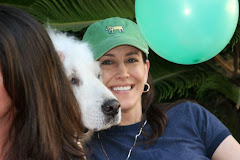

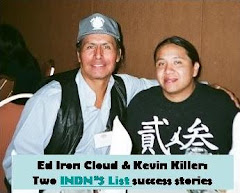








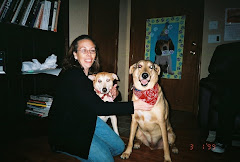





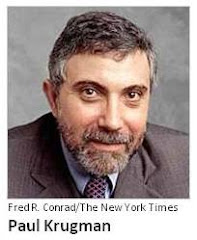





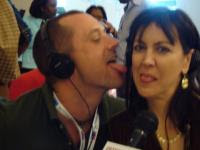

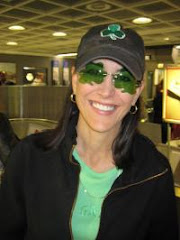





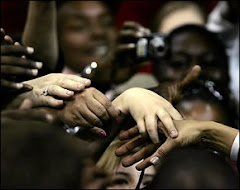












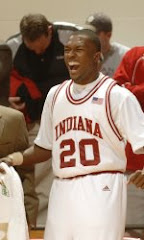







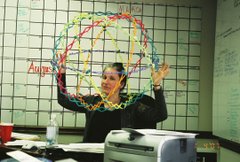


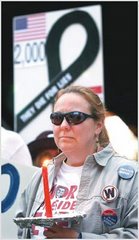
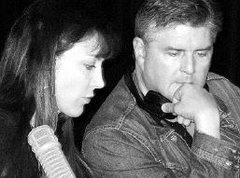




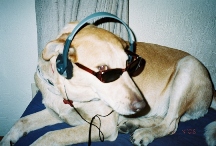



No comments:
Post a Comment